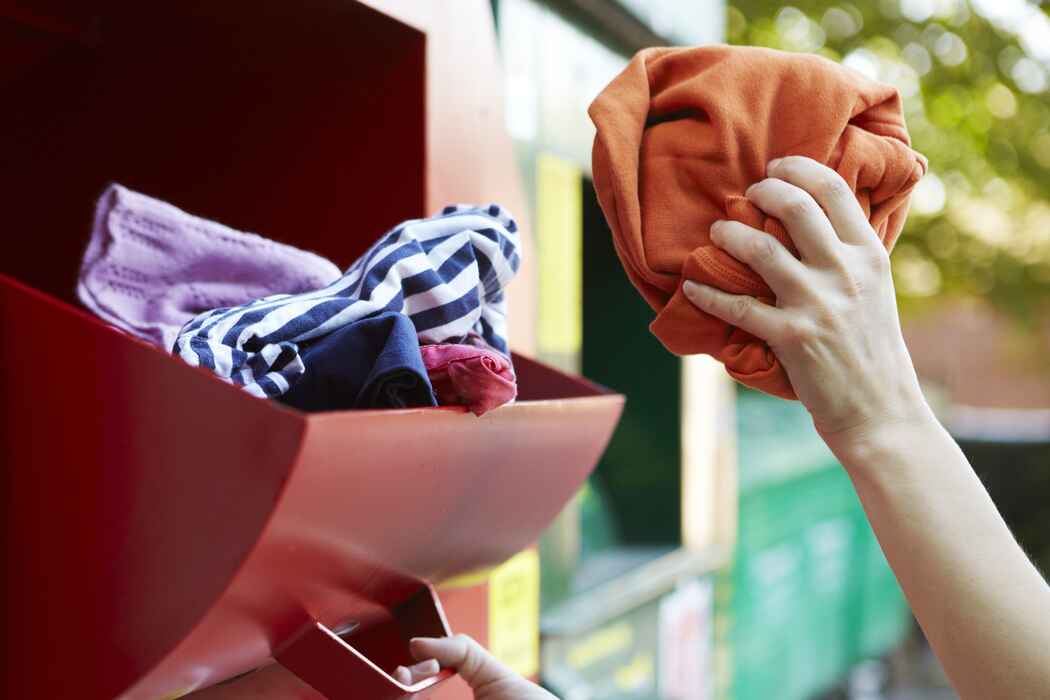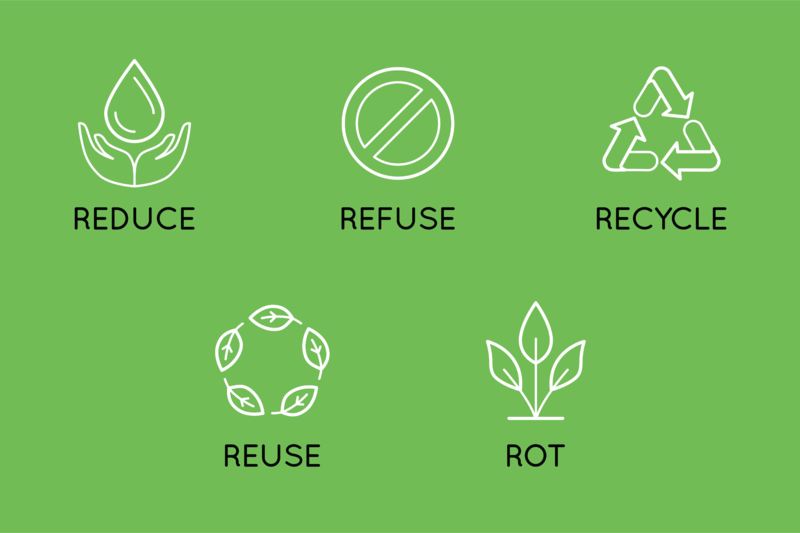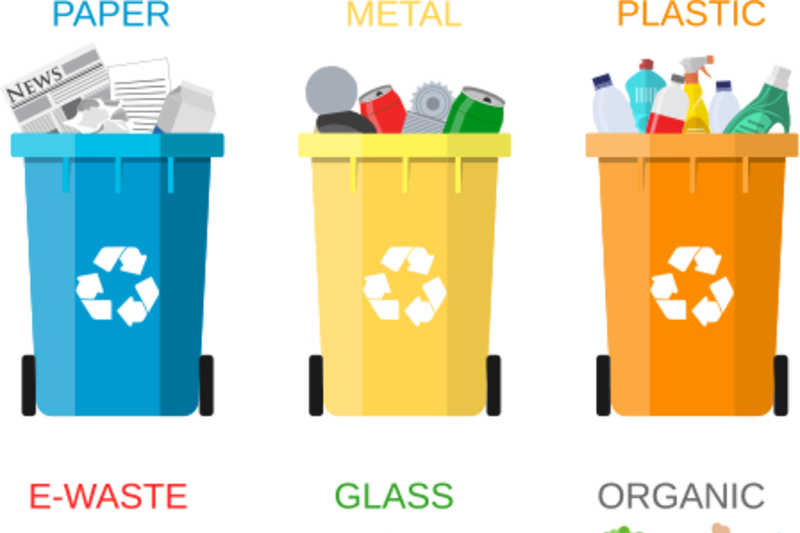We think we are doing the right thing. Every week on bin night our rubbish is dutifully sorted and the ubiquitous yellow bin is wheeled out onto the street. With that done, our conscience is clear for another week.
But are we really making a difference or do our clear consciences come at a very high cost to the very environment we think we are protecting?
In reality recycling hasn’t really changed the behaviours that must change in order for there to be less waste. Like a dog fetching slippers, we’ve learnt to effectively sort out our rubbish into different bins - but we are still consuming products wrapped in materials which either can’t be or won’t be recycled into something new.
From take away containers, to toys and furniture, via single use sachets of porridge and shampoo containers, our life today is made up of plastic. We know a piece of plastic will exist well beyond our own lifetime and yet our drive for convenience overrides the sensibility of using less.
In many places, the process of sorting post consumer waste is being made easier and easier - which is creating new problems.
It wasn’t of course always like this – high-density polyethylene was only introduced in the early 1960s. Its popularity reached stratospheric heights quickly, but little did we know at the time the effects plastic would have on the environment, and on our health.
Plastic is most commonly derived from petrochemicals, and due to its large molecules takes a long time to decompose. We have been recycling since the end of last century, and Australians are good at recycling. We recycled 60 per cent of the total waste we produced in 2014-15.
But recycling is not the solution to our waste we are led to believe it is. A large proportion of recyclable materials still end up in landfill, and when plastic is recycled, the side effects are aplenty.
Hence, China’s ban on 24 categories of solid waste earlier this year came as a shock to Australia. We learnt of the angst of the waste industry, which now has to find a solution for dealing within Australia, with the 600,000 tonnes of materials normally shipped out of the country every year.
The problem is Australia’s economy, which includes the councils who organise our door to door waste removal, still largely prioritise cheaper options such as virgin products made overseas, over the more costly recycled material.
A perfect example is glass. Scattered throughout the country are hundreds of thousand of tonnes of glass sitting in warehouse stockpiles or waiting to be sent to landfill. Yet, with better incentives, recycled glass – broken down into sand, could be used to build new roads, rather than the current practice of using newly mined sand.
But recycling in itself is also a convoluted process, with its own problematics in terms of pollution. Virgin plastic bottles have a heavy carbon footprint – estimates suggest production of plastic will account for 20% of global oil consumption and 15% of global greenhouse-gas emissions by 2050, however recycling also comes at a cost. Recycling still involves power driven processes and creates toxic by–products.
Coffs Harbour Council may be an exception to the rule. It’s green bin recycling programme is exceptional in that it includes food scraps, garden waste and grass clippings. Soiled paper such as tissues and paper towel are also acceptable. This waste is turned into high quality compost, which is then widely used by home gardeners, commercial landscapers, and farmers on the Coffs Coast.
Ultimately, recycling should be used as a last recourse. Our manic pace of consumption is coming at a cost nobody can afford. It is only by becoming conscious purchasers of goods where end-of-use is weighted equally with convenience that change will occur, and waste will be reduced.









